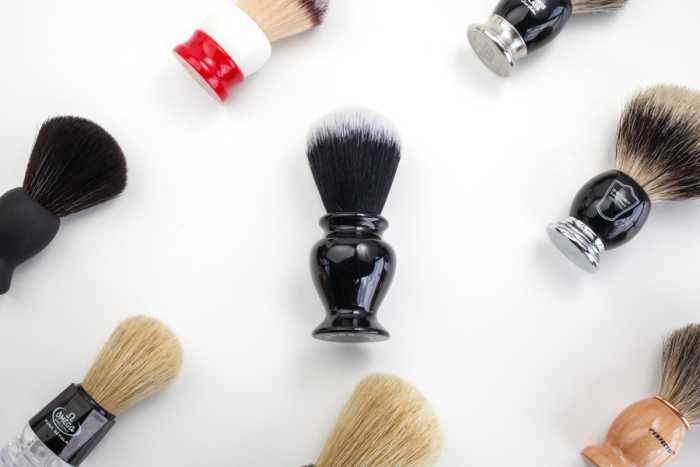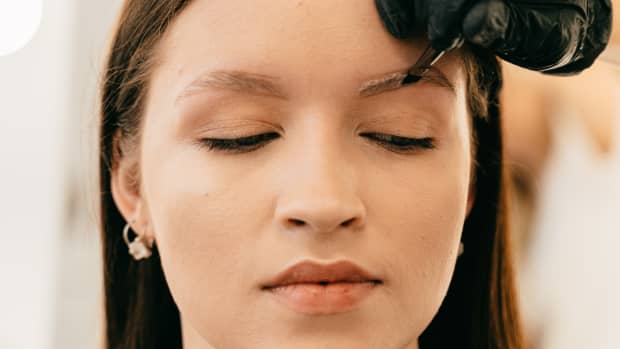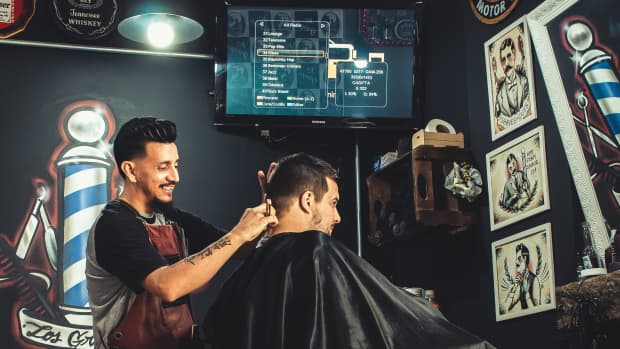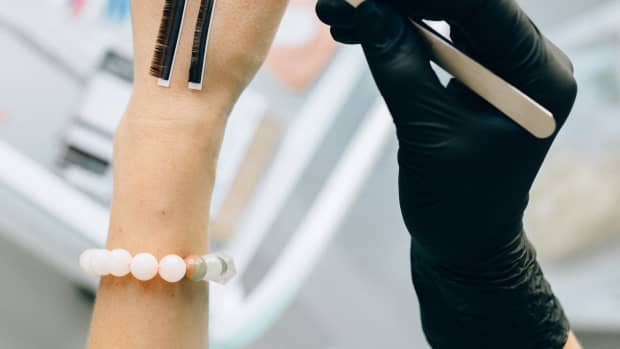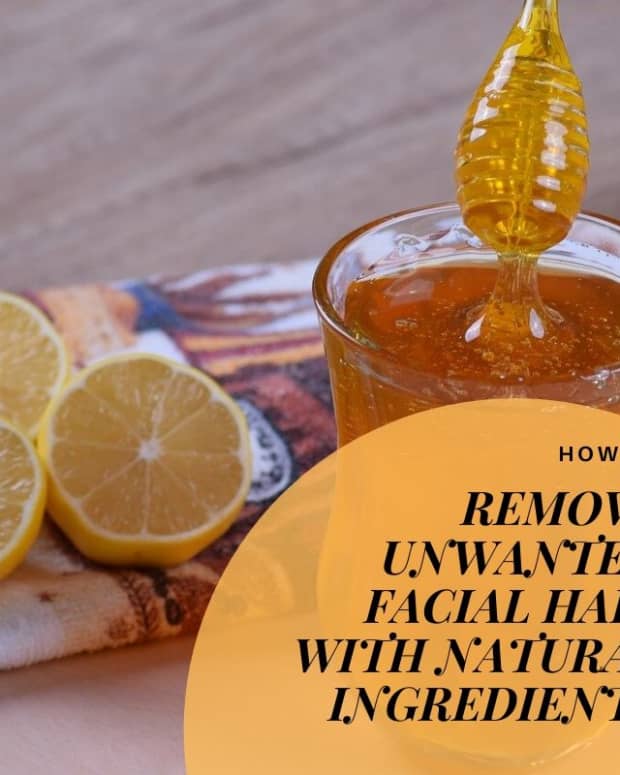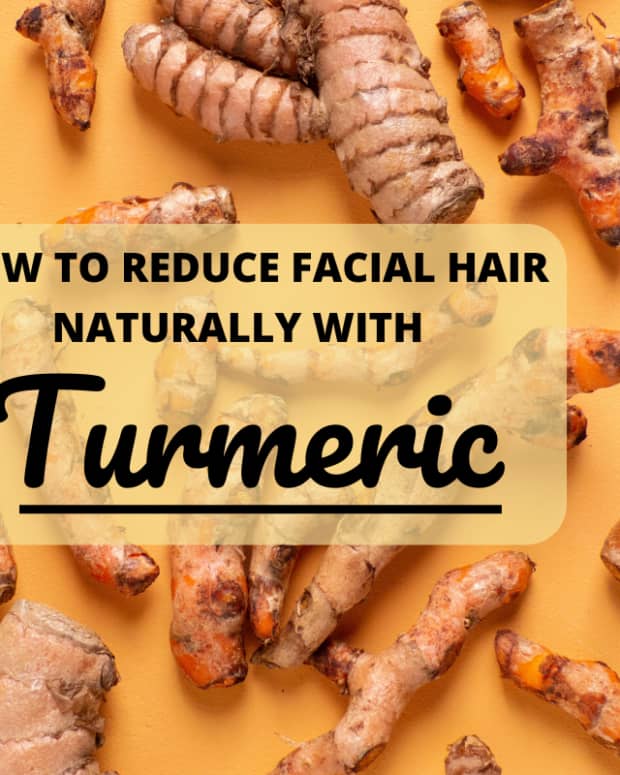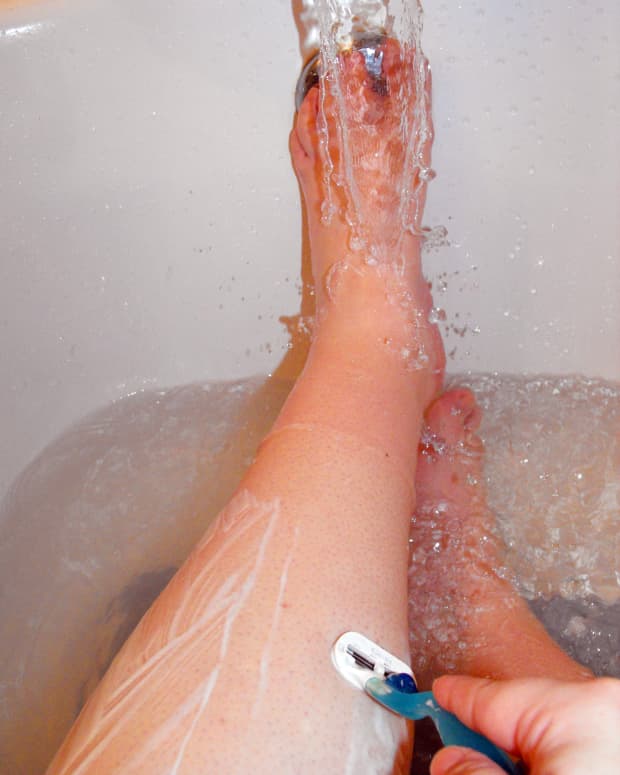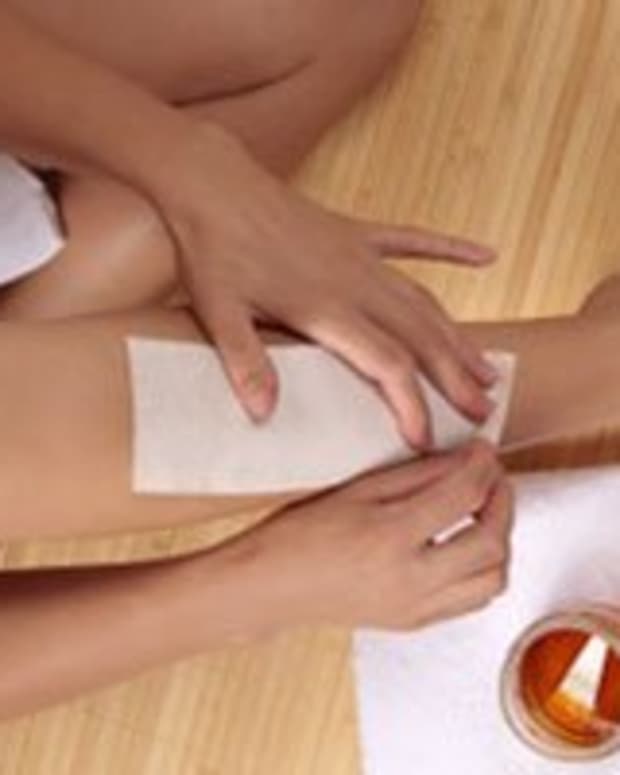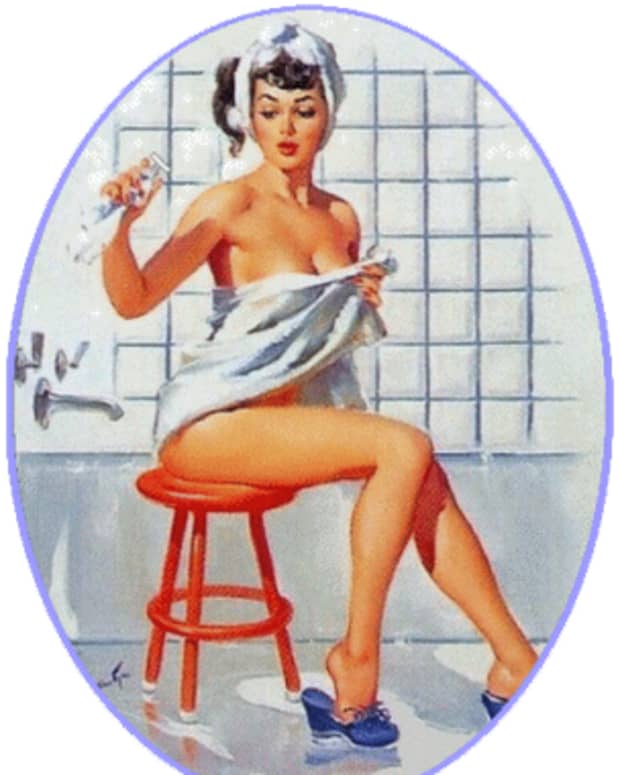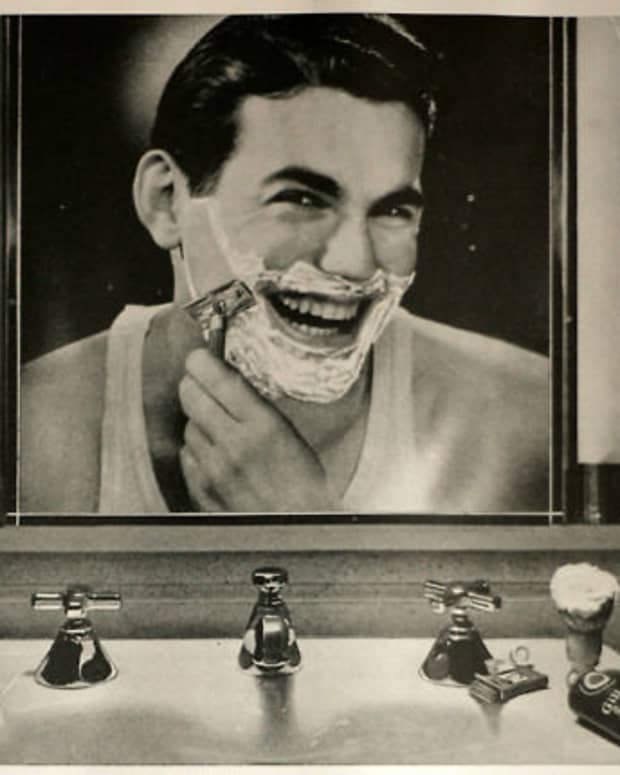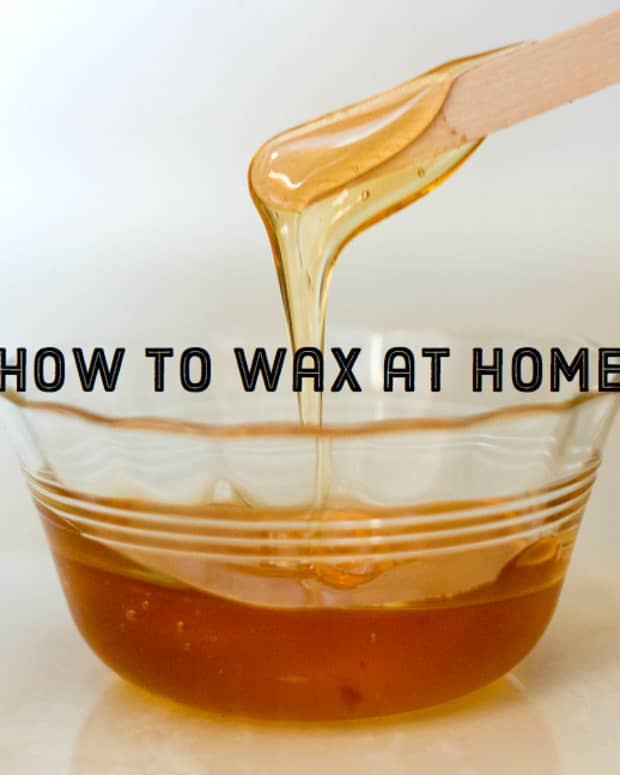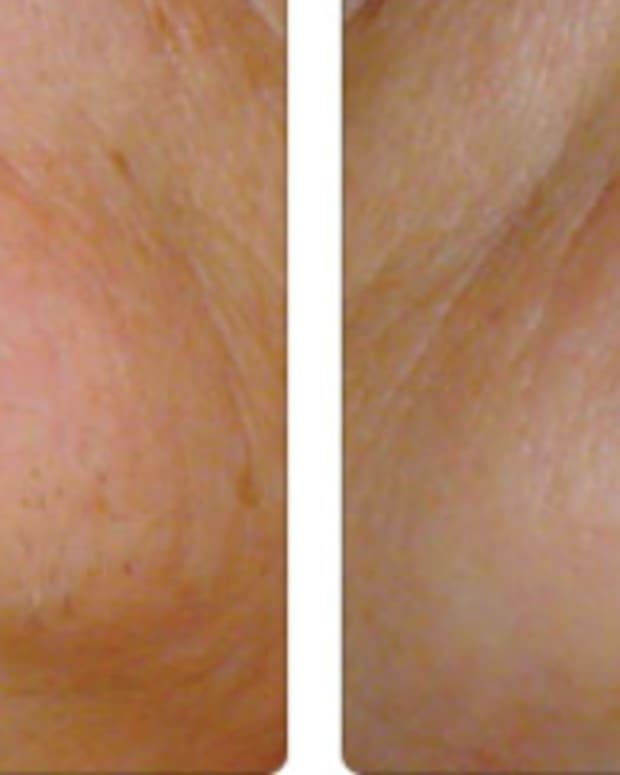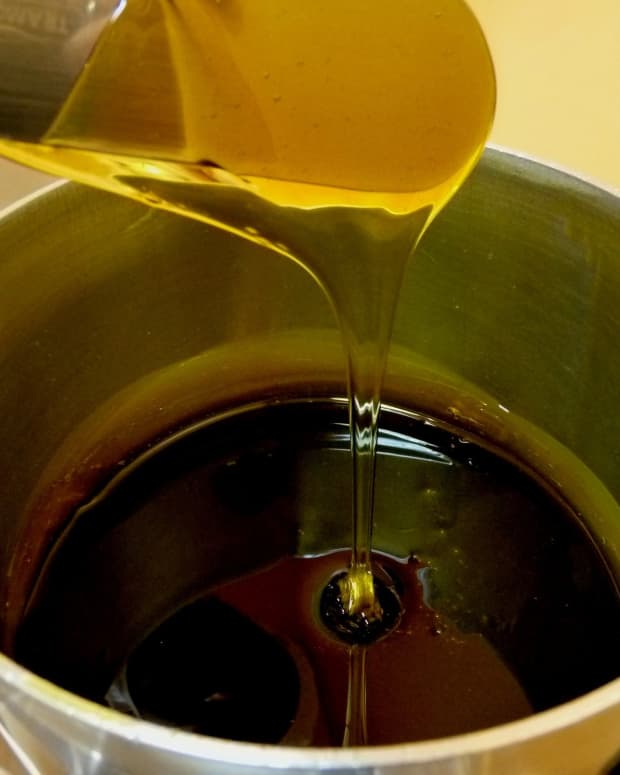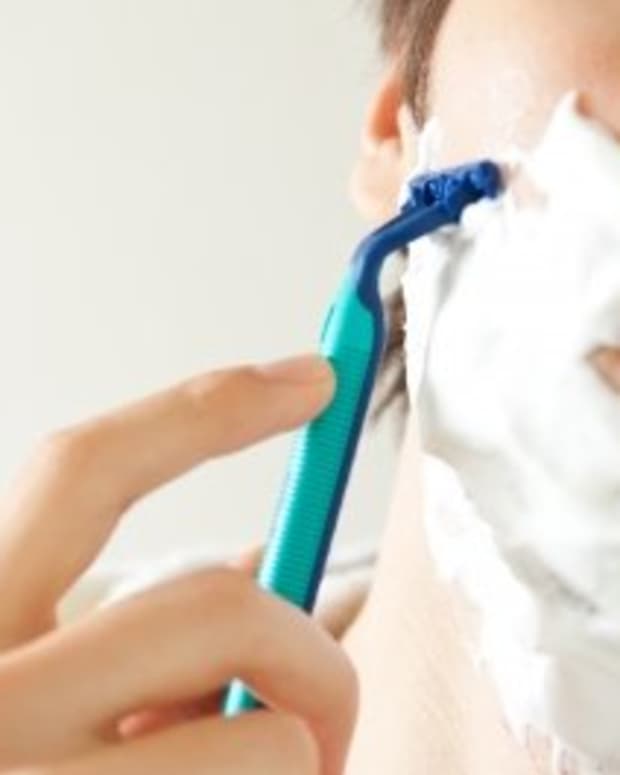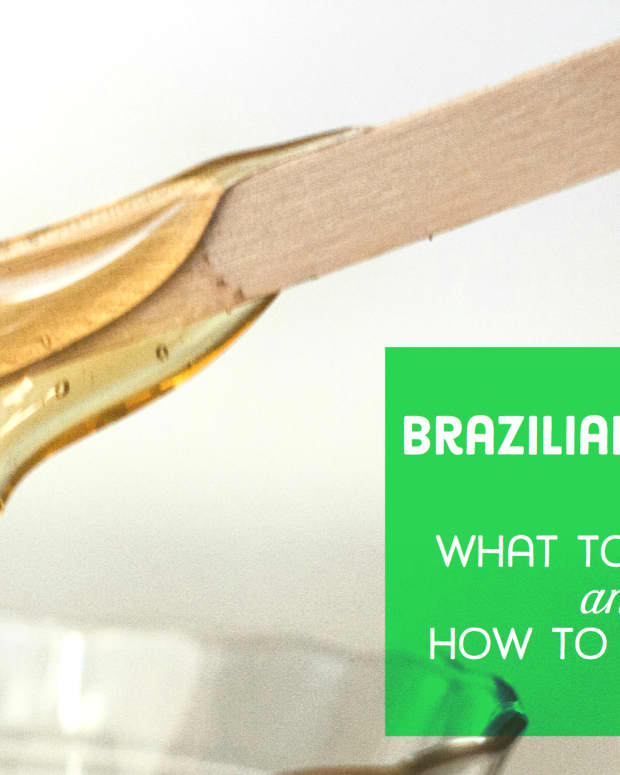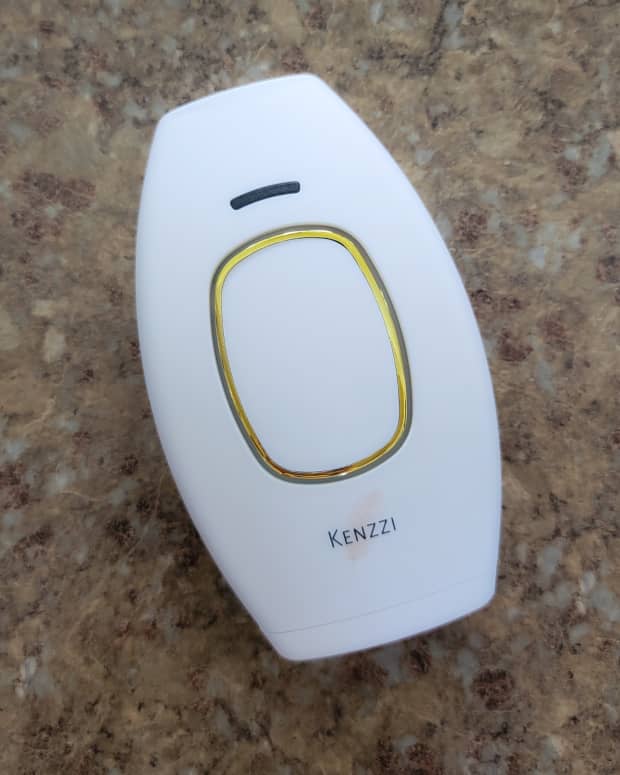4 of the Best Natural Home Remedies for Ingrown Hairs
My articles focus primarily on health tips, nutrition advice, DIY, and self-improvement.
What Are the Causes of Ingrown Hairs for Women and Men
The “root” cause of an ingrown hair is usually due to shaving or waxing. When the hair is cut or removed from the hair follicle, the new hair sometimes grows in an irregular way and doesn’t proceed through your skin naturally. The hair can get clogged and grow irregularly within the skin causing a swollen area or bump.
The Best Natural Home Remedies for Ingrown Hairs
So what are the best home remedies for ingrown hairs?
Both men and women suffer from ingrown hairs occasionally and there are several preventative remedies that you can use to improve your skin. The four main solutions involve taking necessary precautions, improving your shaving technique, wearing appropriate clothing, and applying natural skin products.
By combining all of these factors, you should see noticeable results within a few weeks. Soon you can say goodbye to ingrown hairs and hello to healthier skin!
1. Take Precautions When Shaving to Avoid Ingrown Hair
The easiest ingrown hair remedy is to take the necessary precautions both before and after shaving (or waxing).
- First, it is important to exfoliate the skin using a soft scrubby using an exfoliation moisturizer before you start removing the hair on your body. Exfoliation helps remove dead skin cells and prevents your pores from getting clogged.
- You need to make sure your hair passages are clear for it to move through without getting jammed in the pore. When you get an ingrown hair, it is likely that you have flaky skin or excess sebum which causes the blockage. Therefore, always exfoliate before shaving to make room for the hair to pass through.
- After you shave, you should also repeat the exfoliation process. Don’t do it too hard or else you could irritate your skin more. Be gentle and use a moisturizer afterward that is both hypoallergenic and oil-free.
After a week, you will notice that exfoliation is a very effective ingrown hair remedy.
2. Use the Correct Shaving Technique
Again, prevention is the best ingrown hair remedy.
- Use a brand of razor that doesn’t irritate your skin too much. Often multi-blade razors on the market can give you a smoother shave, but they can also cause ingrown hairs to form.
- If you think this could be the main cause of your problem, try using a single blade razor to see if there are any improvements. All skin types are different so see what type of razor works best for you.
- Shaving against the grain can remove more hair than shaving with the grain, but it can also wreak havoc on your hair follicles. Remember to shave in the same direction that your hair grows. It is more natural and will help your hairs re-grow again correctly without curling back or in another direction under your skin.
- Using an oil-free shaving cream that is also hypoallergenic is another ingrown hair remedy to add to your prevention toolkit. Many of the products we apply to our skin can do more harm than good, so remember to read your labels.
- Furthermore, you may want to try a natural herbal shaving soap instead of conventional shaving creams.
- In addition, you should try using a shaving brush, also known as a "badger", to apply your shaving cream. The swirling motion of the brush helps exfoliate the skin further and removes impurities better than applying the cream with your hands.
By combining your new shaving routine with a natural shaving soap and a badger, you could see positive results within a week. Not only that, but using this new method will save you money in the long run since using the shaving soap tends to last longer than normal shaving foams.
3. Wear Looser Clothing and Let Your Skin Breathe
Another simple but effective ingrown hair remedy is to wear clothing that isn’t too tight against your skin. If your clothes are too tight, then it won’t allow your skin to breathe properly and will cause ingrown hairs to form beneath the surface. Try wearing clothes that are 100% cotton and allow you to cool down.
Read More From Bellatory
Sometimes synthetic fabrics like polyester or rayon can irritate the skin or cause unnecessary friction. You don’t have to wear super baggy clothing. However, stick to slightly looser fitting cotton clothes and you’ll likely see improvements with your skin as a result.
4. Use Other Natural Skin Products
There are a number of natural skin products that can help prevent and treat ingrown hairs. The best technique for most people who suffer from persistent ingrown hairs would be to try a multi-faceted approach testing with a range of natural products.
Here is a list of recommended natural home remedies for ingrown hairs:
- Tea tree oil
- Witch hazel
- Apple cider vinegar
- Aloe vera
- Lemon juice
- Baking soda
- Ice
Apply one product for a couple of weeks to see how your skin reacts. If you see positive results, stick with it. However, if you don't notice much of a difference, try the next item on the list.
It will take some patience and persistence, but eventually, you will find the most suitable remedy that works best for your skin type.
In conclusion, if you found this article helpful or you have other advice for preventing and treating ingrown hairs, please leave your feedback in the comment section. Also, feel free to participate in the poll and watch the video about ingrown hair prevention that you may find useful.
Video: Doctor Advice & Remedies for Ingrown Hairs
Comments
Shella on May 13, 2020:
Thank you for sharing. These tips are very helpful.
Bill Seemiller on March 29, 2012:
As a 4 time hair transplant patient, it's typical for hair transplant patients to experience ingrown hairs as they begin to grow and break through the surface of the scalp. Unfortunately, there doesn't seen to be any real way to avoid this however, using Aloe Vera or applying a warm, damp cloth can help soften the skin and help hair ease its way through while minimizing painful pimples.
I know the above context is a little different but because it's a similar topic, I thought I'd share my thoughts.
Best wishes,
Bill

